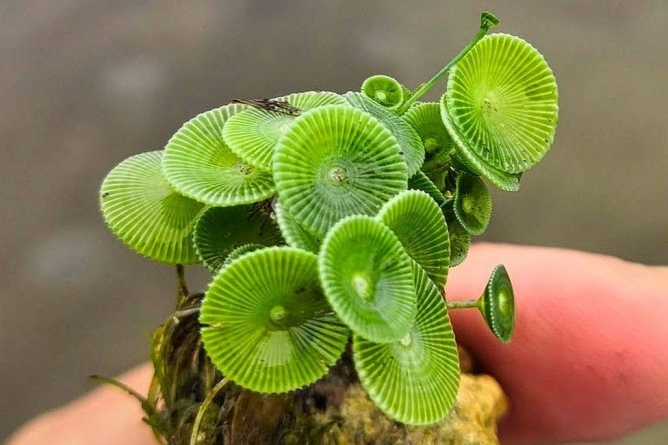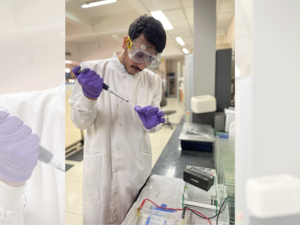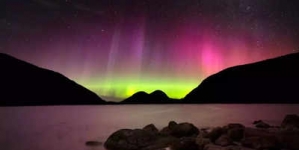-
LONDON: Indian-Origin Teen In UK Gets “Life-Changing” Cancer Treatment - April 25, 2024
-
SILICON VALLEY: All About Pavan Davuluri, New Head Of Microsoft Windows - April 25, 2024
-
LONDON: UK’s India Gate To Commemorate Role Of Indian Soldiers From World Wars - April 24, 2024
-
HARARE: Shri Bramha Kumar appointed as the next Ambassador of India to the Republic of Zimbabwe - April 23, 2024
-
LONDON: Indian-Origin Principal Wins UK Legal Challenge Over School Prayer Ban - April 23, 2024
-
TORONTO: Indian-Origin Doctor Needs ₹ 2 Crore For Legal Fees. Elon Musk Responds - April 22, 2024
-
KINSHASA: India-Democratic Republic of Congo Foreign Office Consultations - April 21, 2024
-
LONDON: UK Court Allows Sale Of Nirav Modi’s Luxury London Apartment - April 21, 2024
-
TEHRAN: Travel advisory for Iran and Israel - April 20, 2024
-
LUXEMBOURG: Shri Saurabh Kumar concurrently accredited as the next Ambassador of India to the Grand Duchy of Luxembourg - April 20, 2024
NEW DELHI: Indian scientists discover ‘mermaid’ plant species
NEW
DELHI: Indian scientists have discovered
a new plant species in India’s Andamans archipelago.
Biologists
found a marine green algae during a trip to the island in 2019.
Identification
is laborious, and it took the scientists nearly two years to confirm that the
species had been discovered for the first time.
Scientists
say this the first discovery of a species of algae in the islands in nearly
four decades.
Scientists
from the Central University of Punjab have named the specie Acetabularia
jalakanyakae.
Jalakanyaka
in Sanskrit literally means mermaid and a goddess of oceans. The scientists say
they were influenced by the fictional character Little Mermaid in the eponymous
fairy tale by Danish writer Hans Christian Anderson.
“The
newly discovered species is so stunning. It has caps with intricate designs as
if it were umbrellas of a mermaid,” said Dr Felix Bast, who led the study.
The main
feature of the newly discovered species is that the plant is made up of one
gigantic cell with a nucleus.
The
scientists spent more than 18 months sequencing the plant DNA and comparing its
form with other plants in the lab.
A paper
describing this discovery has been accepted in the the journal Indian Journal
of Geo-Marine Sciences.
Andaman
and Nicobar Islands has some of the last remaining healthy coral reefs in the
world. These reefs support a host of other organisms, including a rich
diversity of algae.
However,
there is tremendous stress from looming climate change in the form of rising
seawater temperature and making oceans more acidic, scientists say.
Rising
seawater temperature decreases oxygen concentration in water, dangerously
affecting all organisms that depend on oxygen to live, including this species,
Dr Bast said.























